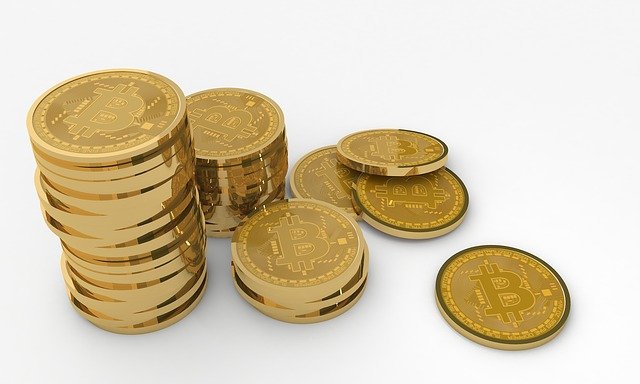
Crytocurrency as Legal Tender in India
The word “currency” is defined in Section 2(h) of the Foreign Exchange Management Act, 1999 (hereinafter, “FEMA”) to include “all currency notes, postal notes, postal orders, money orders, cheques, drafts, travelers’ cheques, letters of credit, bills of exchange and promissory notes, credit cards or such other similar instruments as may be notified by the Reserve Bank.”
Nothing prevents RBI from adopting a short circuit by notifying Virtual Currencies under the category of “other similar instruments” indicated in Section 2(h) of FEMA, 1999. After all, promissory notes, cheques, bills of exchange etc. are also not exactly currencies but operate as valid discharge (or the creation) of a debt only between 2 persons or peer-to-peer.
In the November of 2017, the Inter-Regulatory Working Group on Fintech and Digital Banking[1], set up by RBI, pursuant to a decision taken by the Financial Stability and Development Council Sub-Committee way back in April 2016, submitted a report. This report, in paragraph 2.1.3.2, dealt with Digital Currencies. It defined ‘digital currencies’ to mean digital representations of value, issued by private developers and denominated in their own unit of account. The Report also stated that “digital currencies are not necessarily attached to a fiat currency but are accepted by natural or legal persons as a means of exchange.” The Government of India, Ministry of Finance also issued a statement on 29-12-2017 cautioning the users, holders and traders of VCs that they are not recognized as legal tender and that the investors should avoid participating in them.[2]
The expression “currency notes” is also defined in Section 2(i) of FEMA to mean and include cash in the form of coins and bank notes. Again, FEMA defines “Indian currency” under Section 2(q) to mean currency which is expressed or drawn in Indian rupees, but which would not include special bank notes and special one rupee notes issued under Section 28A of the RBI Act. In IMAI vs RBI[3], RBI has taken a stand in paragraph 24 of its counter-affidavit that VCs do not fit into the definition of the expression “currency” under Section 2(h) of FEMA. This position had also been iterated in Report of the Committee to propose specific actions to be taken in relation to Virtual Currencies[4]in point 2.3 of the report. The Court also held that different regulatory bodies might see the cryptocurrencies through different prisms.
Accordingly, the cryptocurrencies are not legal tender in the eyes of law in India.
[1] https://rbidocs.rbi.org.in/rdocs/PublicationReport/Pdfs/WGFR68AA1890D7334D8F8F72CC2399A27F4A.PDF
[2] https://pib.gov.in/PressReleseDetail.aspx?PRID=1514568
[3] Writ Petition (Civil) No.528 of 2018 in the Supreme Court of India accessible at https://main.sci.gov.in/supremecourt/2018/19230/19230_2018_4_1501_21151_Judgement_04-Mar-2020.pdf
[4]https://dea.gov.in/sites/default/files/Approved%20and%20Signed%20Report%20and%20Bill%20of%20IMC%20on%20VCs%2028%20Feb%202019.pdf
By
Siddharth Dalmia, B.Tech.(DAIICT)

IS CRYPTOCURRENCY THE FUTURE OF FINANCIAL SYSTEM?
IS CRYPTOCURRENCY THE FUTURE OF FINANCIAL SYSTEM? A cryptocurrency is a digital currency that's created and managed through the help of advanced encryption and stored in a digital ledger or computerized database using cryptography. The word “crypto” comes from secret...
Legality of CryptoCurrency Exchanges in India
Legality of CrytoCurrency Exchanges in India There is no statutory prohibition on the operation of exchanges in India. Neither has the position regarding the legality of bitcoins and other cryptocurrencies specifically addressed. In IMAI vs RBI[1], the Court looked at...
Indirect Tax Implication on Cryptocurrency Exchanges in India
Indirect Tax Implications on Crypto Exchanges in India The applicable laws with respect to GST are the Central Goods and Services Tax Act, 2017, the Integrated Goods and Services Tax Act, 2017 and the respective State Goods and Services Tax Acts, with each having...
Direct Tax Implications on Crypto Exchanges in India
Direct Tax Implications on Crypto Exchanges in India The income of the corporations and individuals is taxed under the Income Tax Act, 1961 (the ‘ITA’). The ITA has the provisions to tax the Indian residents on their worldwide income and non- residents on their income...








Recent Comments